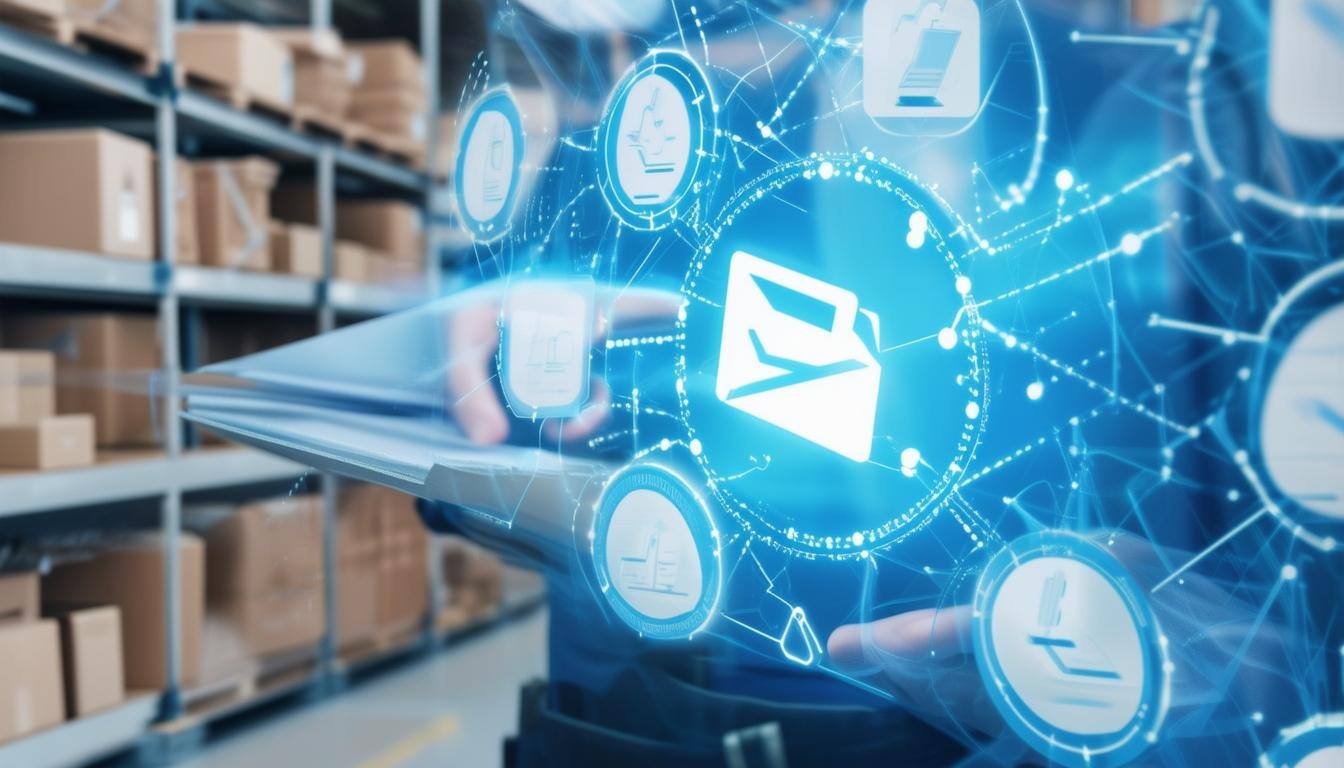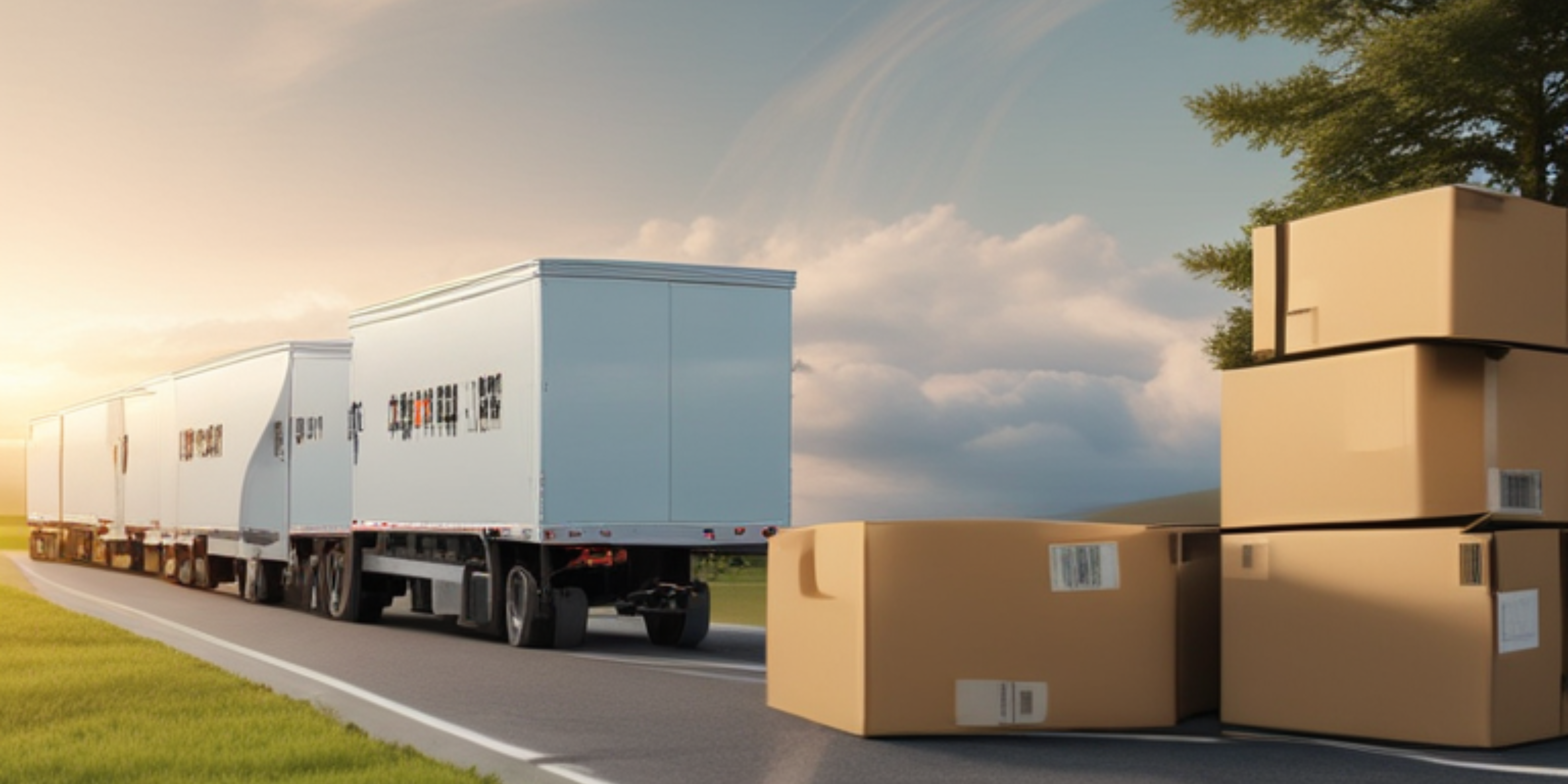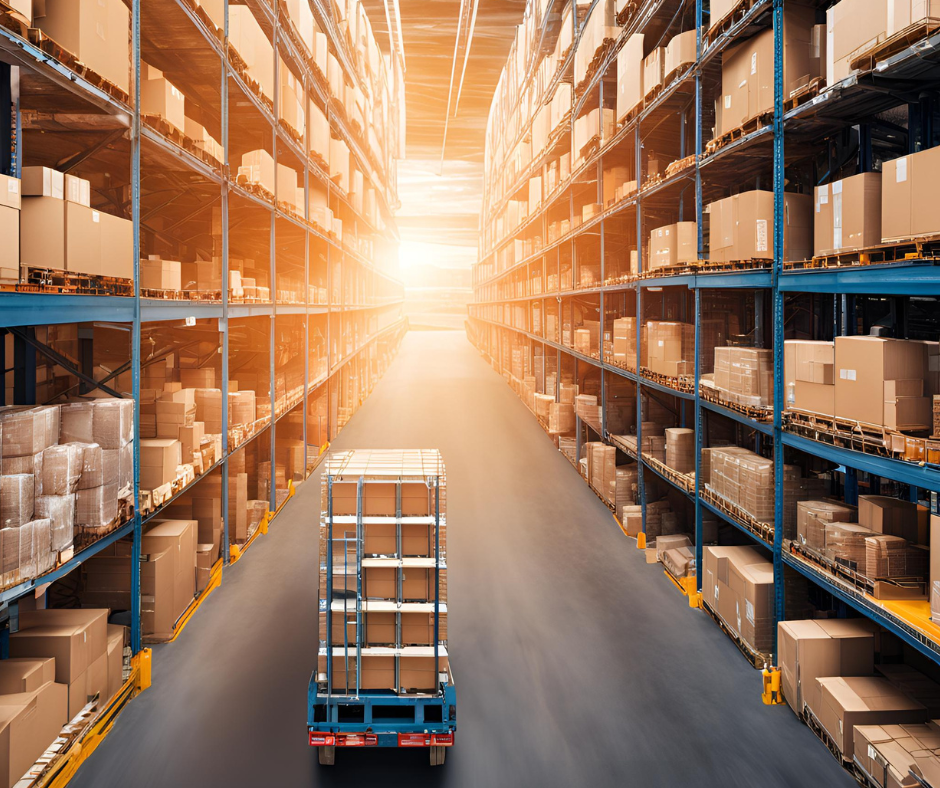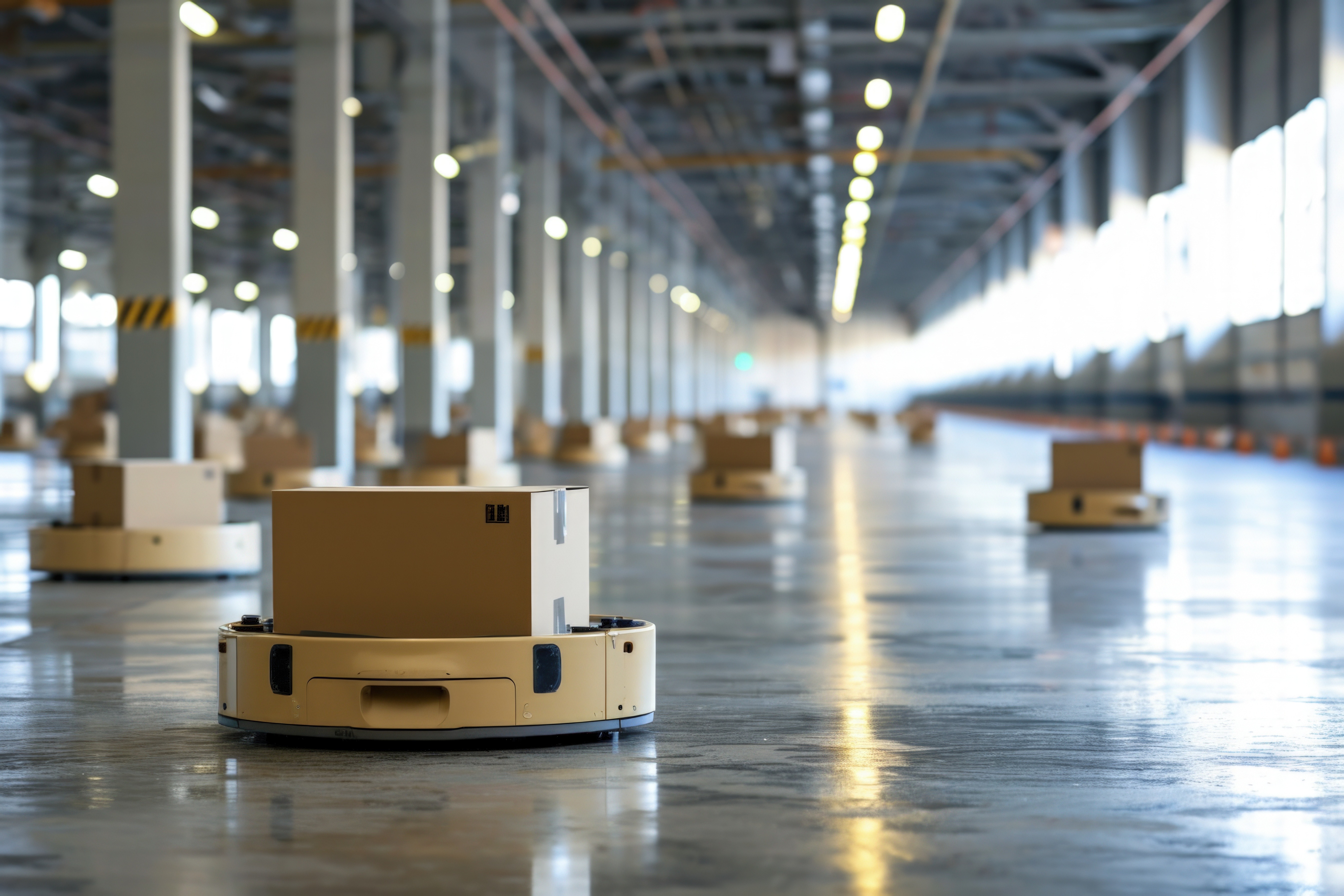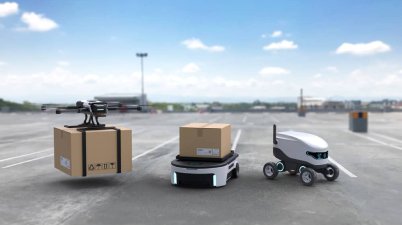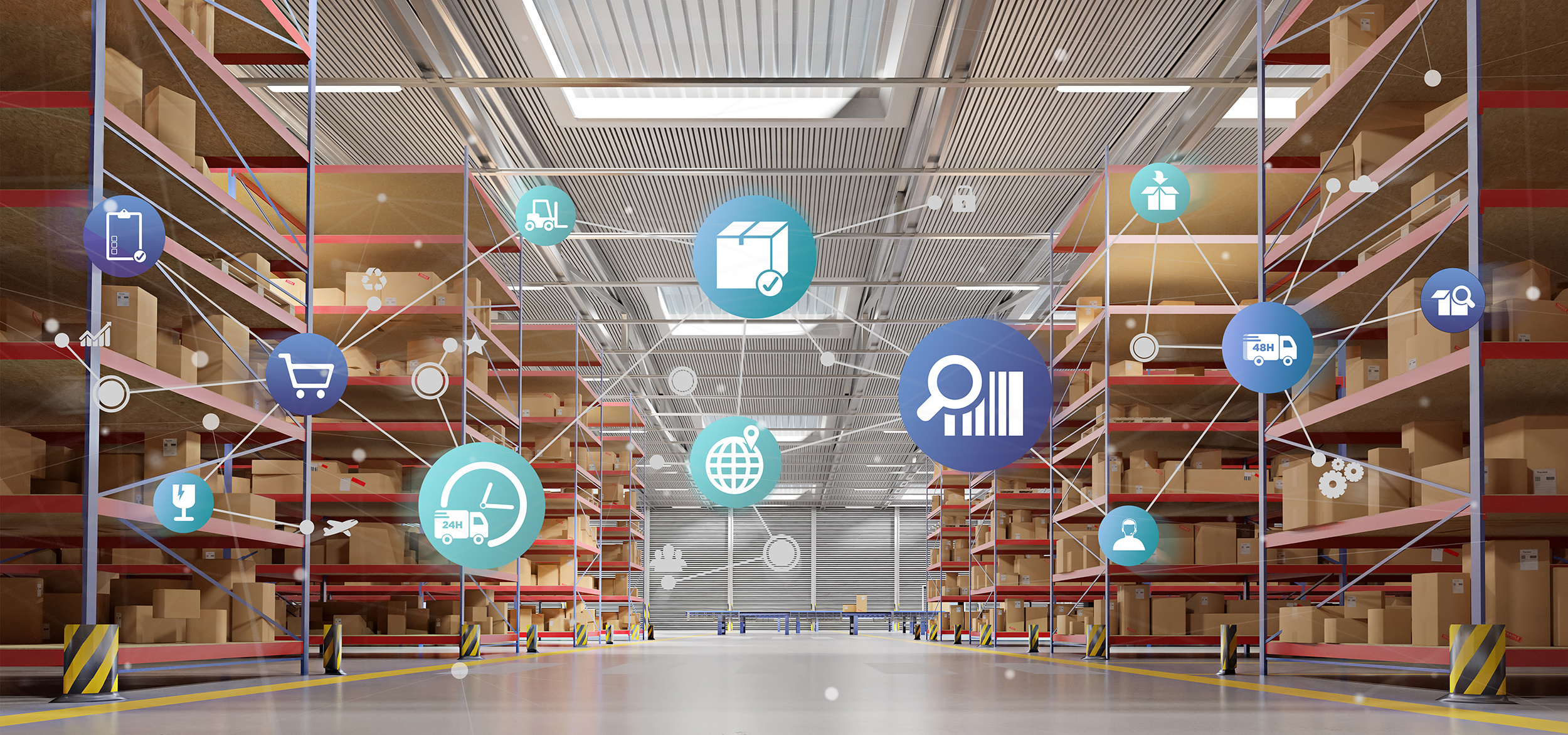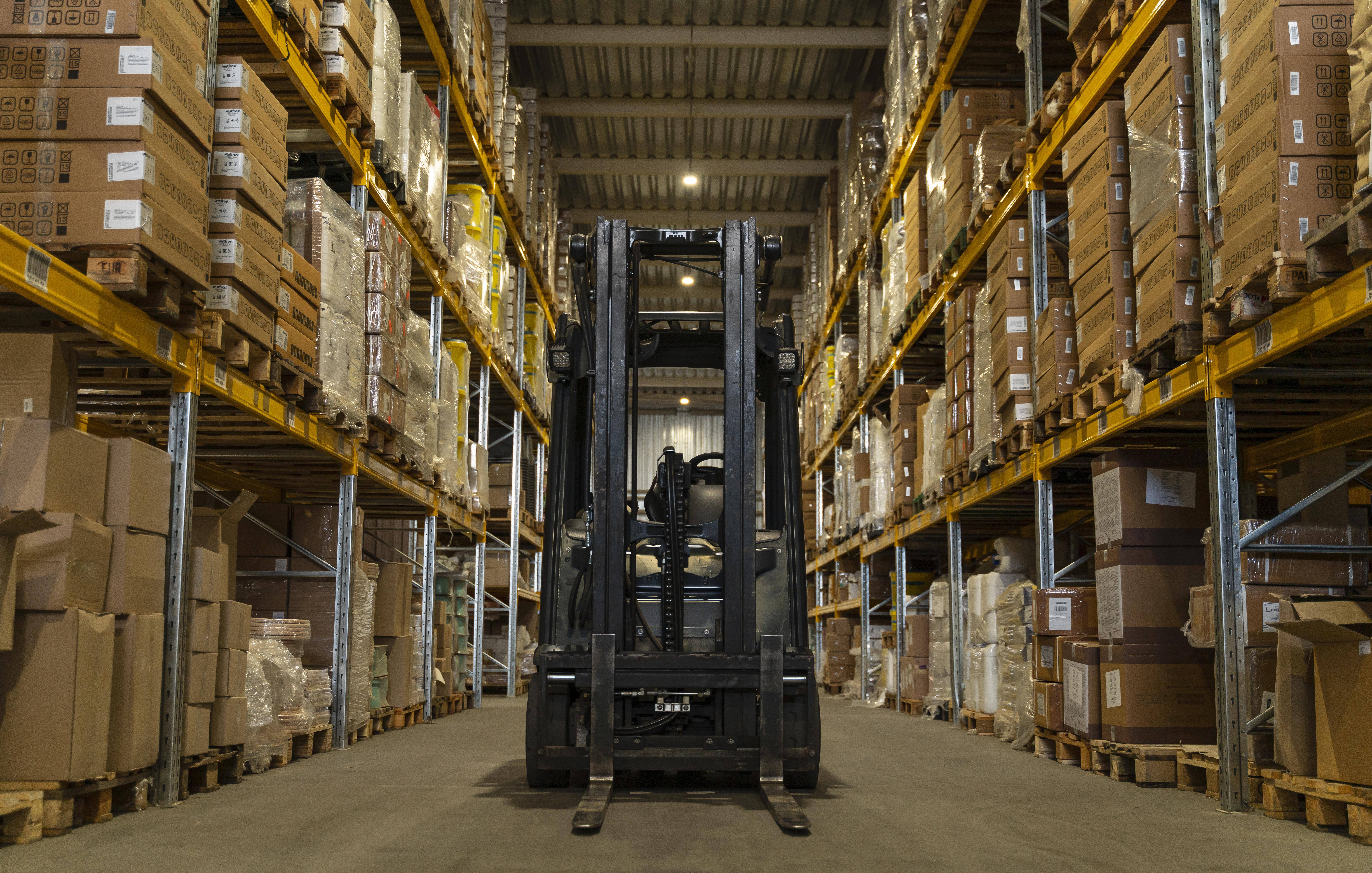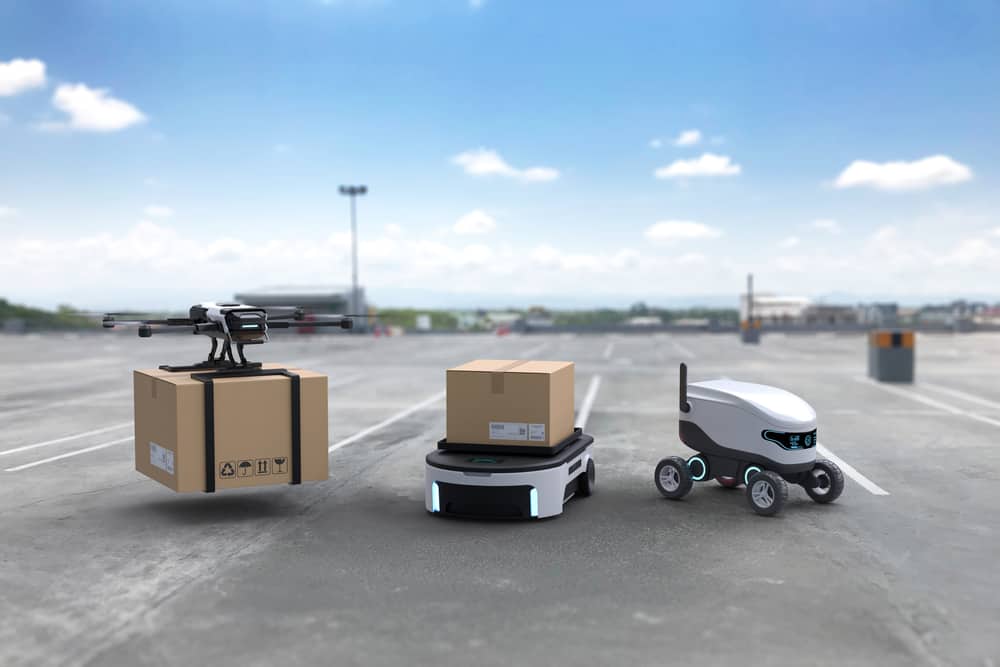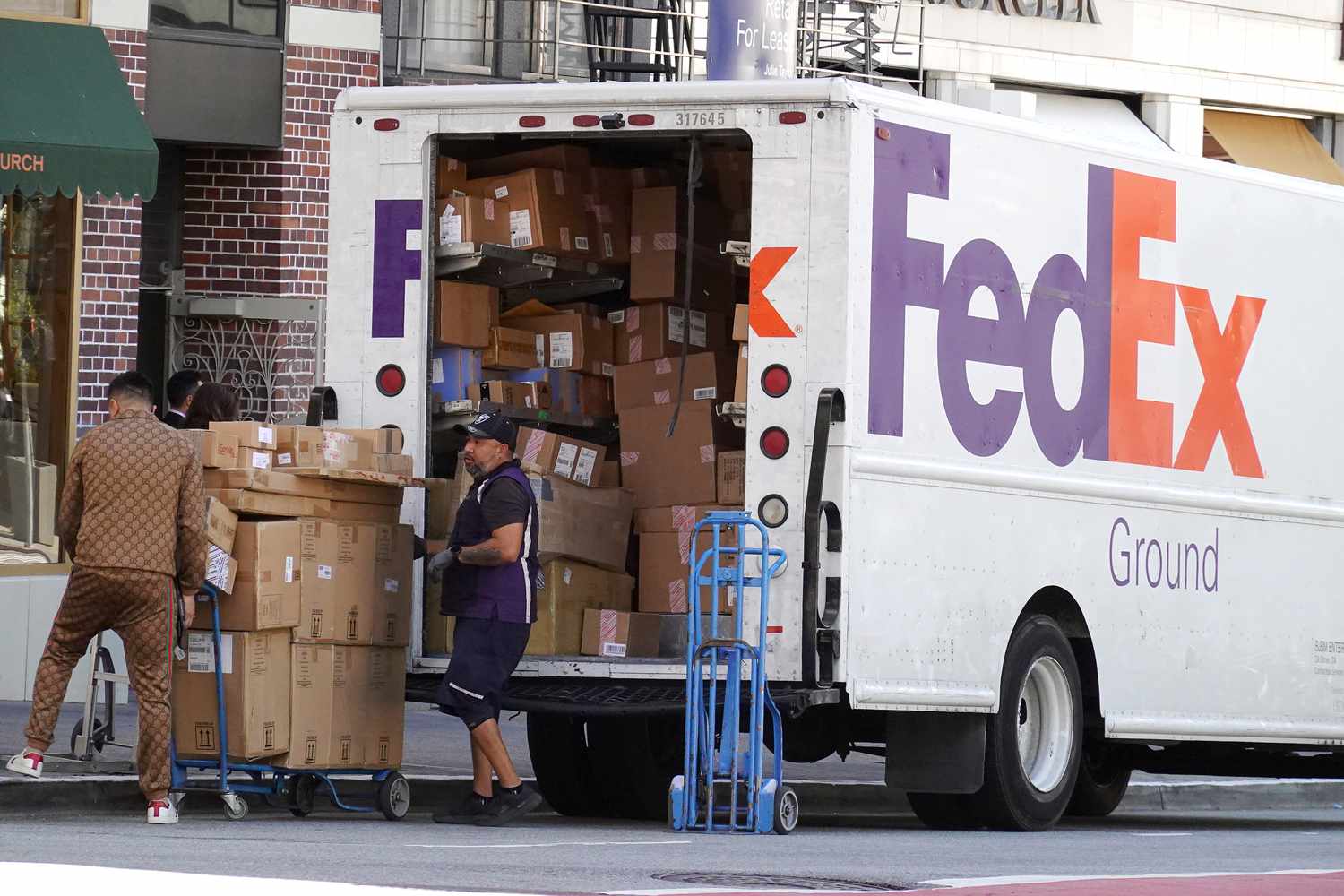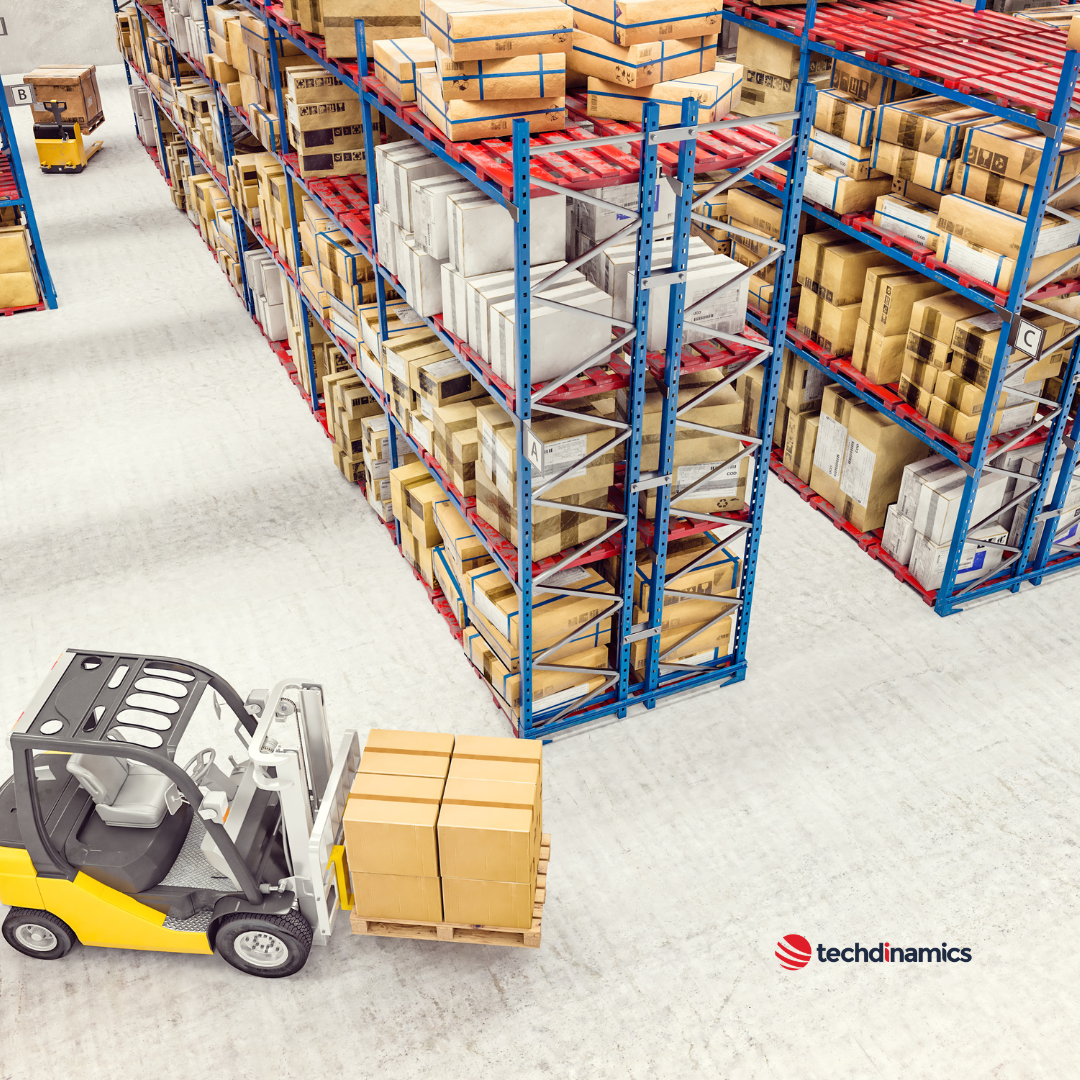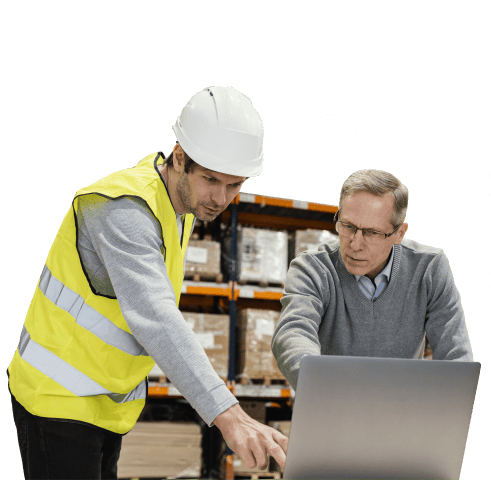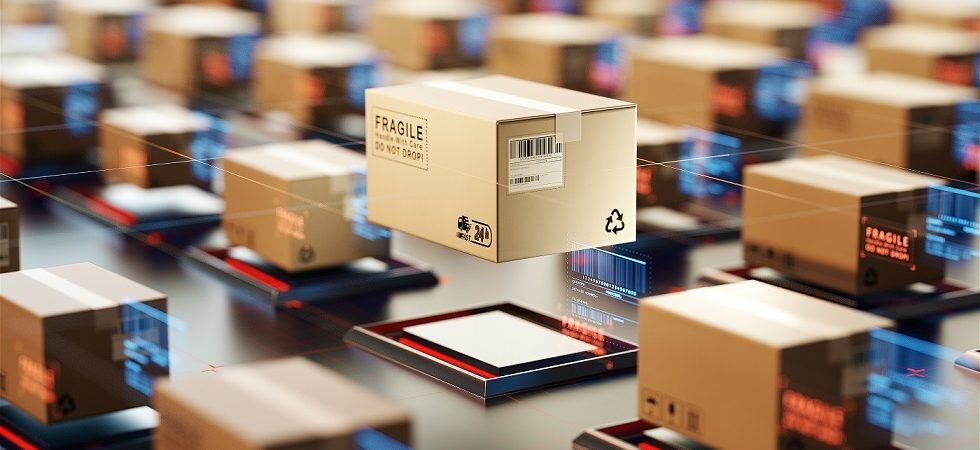
In the dynamic world of third-party logistics (3PL), digitalization and automation are no longer just buzzwords—they are revolutionizing the industry. As businesses strive to meet rising consumer demands and navigate complex supply chains, embracing cutting-edge technologies has become essential. This transformation is not just about staying competitive; it’s about redefining how logistics operations are executed. Here's a closer look at how digitalization and automation are shaping the future of 3PL.
The Rise of Automation in Logistics
Warehouse Automation Warehouse automation has emerged as a game-changer in logistics. Traditional warehouses, once reliant on manual labor, are now being transformed with automated storage and retrieval systems (ASRS), autonomous robots, and sophisticated conveyor systems. Technologies like the AutoStore system enable rapid, efficient order processing and fulfillment, drastically reducing the time and labor involved in handling goods.
Robotic systems, such as those developed by companies like Handle, offer advanced capabilities including unloading trucks, building pallets, and transporting items within warehouses. These robots enhance efficiency and accuracy, reducing the reliance on human labor for repetitive tasks.
AI and Data Analytics Artificial intelligence (AI) is another cornerstone of logistics automation. AI-driven solutions optimize everything from inventory management to demand forecasting. Predictive analytics help 3PL providers anticipate demand fluctuations and make informed decisions about stock levels, ensuring that warehouses operate smoothly and efficiently.
AI also enhances customer service through improved tracking and real-time updates. For example, AI algorithms can analyze vast amounts of data to predict delivery times more accurately, manage routes more efficiently, and even automate customer inquiries.
Digitalization: Enhancing Visibility and Efficiency
Internet of Things (IoT) The Internet of Things (IoT) is integral to modern logistics, offering unprecedented visibility and control over supply chains. IoT devices, such as smart sensors and RFID tags, provide real-time data on the location and condition of goods. This level of transparency allows for proactive management of potential disruptions, improving the resilience and reliability of supply chains.
Smart labels, equipped with IoT technology, capture and communicate detailed information about shipments, including environmental conditions like temperature and humidity. This ensures goods are handled properly throughout their journey, reducing the risk of spoilage or damage.
Advanced Geolocation Technologies Geolocation technologies are enhancing real-time tracking capabilities, making it easier to monitor and manage assets. Utilizing GPS, BLE, Wi-Fi, and cellular networks, these technologies optimize fleet operations and improve asset management, leading to more efficient and responsive logistics operations.
The Impact on the 3PL Industry
Operational Efficiency The integration of digital and automated technologies leads to significant improvements in operational efficiency. Automated warehouses can process orders faster and more accurately, reducing lead times and increasing throughput. AI-driven analytics optimize stock levels and predict demand with greater precision, minimizing overstock and stockouts.
Cost Reduction Automation reduces the need for manual labor, leading to substantial cost savings. Additionally, technologies like AI and IoT help in identifying inefficiencies and optimizing resource utilization, further lowering operational costs. The ability to scale operations dynamically based on demand, known as elastic logistics, also helps in managing costs effectively.
Enhanced Customer Experience With real-time tracking and improved accuracy in delivery predictions, customers receive their orders faster and with greater reliability. Enhanced visibility throughout the supply chain ensures that any issues can be addressed promptly, leading to higher customer satisfaction and loyalty.
Sustainability Digitalization and automation also contribute to more sustainable logistics practices. Optimized routes and efficient inventory management reduce fuel consumption and waste. The use of electric vehicles and sustainable packaging further minimizes the environmental impact of logistics operations.
Conclusion
The digitalization and automation of the 3PL industry are not just incremental improvements; they represent a fundamental shift in how logistics operations are conducted. By embracing these technologies, 3PL providers can achieve unprecedented levels of efficiency, accuracy, and customer satisfaction. As we move forward, the continued evolution of digital and automated solutions will undoubtedly shape the future of logistics, driving innovation and setting new standards for the industry.
Curious to learn more about automation and how it can impact your business? Contact us today! We'd be happy to help!


